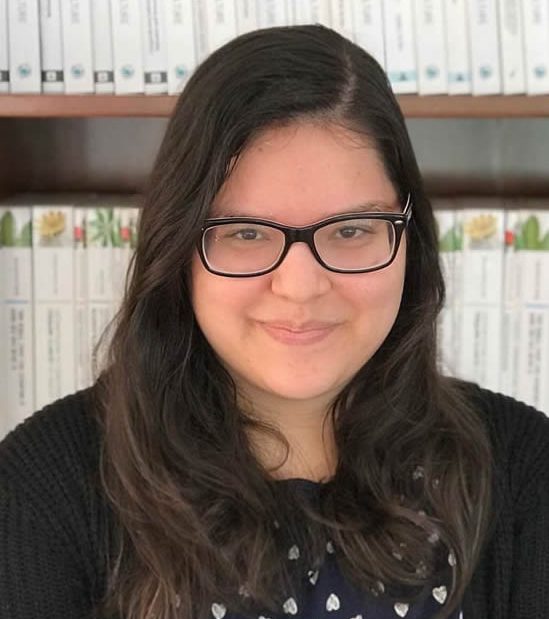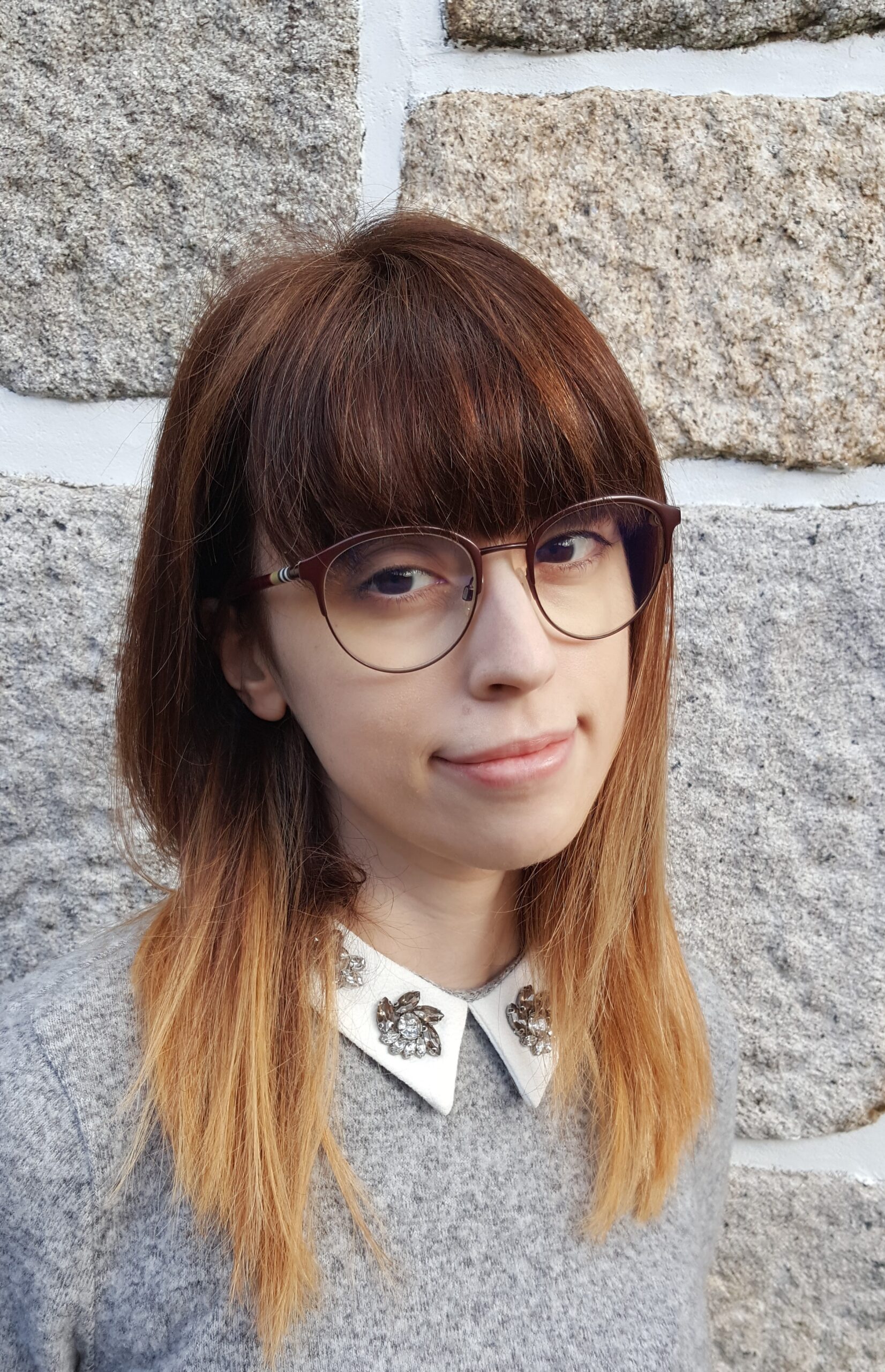About
Digital Lab
Founded in 2017, the CETAPS Digital Lab is the platform for the Digital Humanities of our Research Unit. The Digital Laboratory hosts unique projects and provides initial and advanced training and support to CETAPS members, collaborators and students to experiment with critical digital humanities approaches.
The Digital Lab is coordinated by Luciano Moreira, PhD in Digital Media, and brings together a core team that includes senior and junior researchers. Over the last few years, it has been equipped with state-of-the-art instruments and software that make it self-sufficient to run complex digital humanities projects.
Mission
The Digital lab aims to be an open, diverse, collaborative, experimental, and sustainable environment for computational-assisted research, which is of utmost importance to attract, train and retain new generations of researchers.
Values
Built on the values of openness, diversity, collaboration, experimentation, and sustainability, the Digital Lab is committed to FAIR principles (Findable, Accessible, Interoperable, and Reusable), minimal computing, open science, and participatory science approaches.
Contacts
FLUP I&D
Rua do Campo Alegre, 1021
4169-004, Porto – Portugal
Email: digitallab@letras.up.pt
Team

Fátima Vieira
Founder and Lab Leader
Fátima Vieira is Associate Professor at the Faculty of Letters at the University of Porto, where she has been teaching since 1986. She has got her Doctoral degree in 1998, with a thesis on William Morris and the British Utopian Literary tradition. She is the Chairperson of the Utopian Studies Society / Europe since 2006. She is the Coordinator of the University of Porto’s branch of CETAPS – Centre for English, Translation and Anglo-Portuguese Studies, where she is the leader of the research project “Mapping Dreams: British and North-American Utopianism”. She has also collaborated with ILC – The Institute for Comparative Literature Margarida Losa since 2000, where she has coordinated research projects on Portuguese utopianism. Fátima Vieira is also the director of the collection Nova Biblioteca das Utopias, of the Portuguese publishing house Afrontamento, and the General director of E-topia, an electronic journal on Portuguese utopianism, as well as of Spaces of Utopia, a transdisciplinary electronic journal on Utopia written in English. She is Book Review Editor for the North-American Journal Utopian Studies and belongs to the Editorial board of several international academic journals.

Luciano Moreira
Lab Coordinator
Luciano Moreira was born in Porto in 1982. He received his PhD in Digital Media from the University of Porto in 2021. He studied at the University of Coimbra, where he got his degree in Psychology in 2005, and at the University of Porto, where he got his MSc in Psychology, in 2012. He is a researcher at the Faculdade de Letras da Universidade do Porto. He teaches at the Faculdade de Engenharia da Universidade do Porto. His areas of interest include digital humanities, science communication, science and technology studies, social representations, and scientific research methods.
ORCID ID: 0000-0003-3162-1021
Ciência Vitae ID: 9413-8D11-2D04

Jaqueline Pierazzo
Lab Manager
Jaqueline Pierazzo is a Ph.D. candidate at the Faculty of Arts and Humanities of the University of Porto. She is currently working on a project concerned with the evolution of the effect of terror in Edgar Allan Poe’s works using digital tools and methodologies and on the creation of a scholarly digital edition of the author’s writings on terror. Pierazzo is the manager of the Centre for English, Translation, and Anglo-Portuguese Studies (CETAPS) Digital Laboratory and has training in Digital Humanities and Literary Studies with a focus on Open Research, Digital Literary Studies, and the Text Encoding Initiative (TEI).
ORCID ID: 0000-0002-6276-7018
Ciência Vitae ID: 5916-DECF-C091

Tânia Cerqueira
Tânia Cerqueira holds a Master’s degree in Anglo-American Studies from the Faculty of Arts and Humanities of the University of Porto. She is currently a PhD candidate at the same university and her thesis main focus is the relationship of the Gothic tradition and Young Adult dystopias. She is a collaborator at CETAPS and has recently joined the Digital Lab to help manage the newly created blog, due to her ten years of experience as a digital content creator.
ORCID ID: 0000-0003-1396-0353
Ciência Vitae ID: CB1E-3FEB-E21F
Joana Caetano
Joana Caetano is a Ph.D. candidate at the Faculty of Arts and Humanities of the University of Porto (Portugal) and a research member of CETAPS (Centre for English and Anglo-Portuguese Studies). She has published book chapters, articles, and reviews in Utopian Studies, Anglo-American Studies, Feminist Studies, and Food Studies. From 2016 to 2019, Joana Caetano was the research assistant of the ALIMENTOPIA / Utopian Foodways Project, a project on Utopia, Food and the Future, funded by the Portuguese Foundation for Science and Technology (FCT) and the European Programme Compete 2020 [Ref. POCI-01-0145-FEDER-016680 (PTDC/CPC-ELT/5676/2014)], during which she became aware of the great potentialities of Digital Humanities tools. In 2019, Joana Caetano was granted a Ph.D. scholarship by FCT to pursue her research on utopian foodways and gender in Ursula K. Le Guin’s Hainish Universe [Ref. SFRH/BD/140673/2018]. This Ph.D. project aims to put to good use the digital tools provided by the CETAPS Digital Lab and benefits heavily from the expertise of her kind (Digital Lab) colleagues.
ORCID ID: 0000-0002-1847-8016
Ciência ID: B61D-3628-76EA
Liam Benison
Liam Benison is a researcher in the Centre for English, Translation and Anglo-Portuguese Studies (CETAPS), University of Porto and in the Department of Cultures and Civilizations, University of Verona. He is an affiliated scholar of the Centre for Privacy Studies, University of Copenhagen. A graduate of the University of Melbourne, he obtained his PhD from the University of Porto and University of Kent in 2020. His current research project Privutopia explores the history of early modern privacy from an interdisciplinary perspective combining digital humanities methods and close reading of utopias, paratexts, letters and maps.
ORCID ID: 0000-0002-4989-4370
Ciência ID: 7212-25F2-7D7C
Isabel Relvas
Isabel Relvas recently graduated from the University of Porto with a degree in Languages, Literatures and Cultures in English and German. Currently, as she applies for her Masters Studies, she is collaborating in several initiatives within CETAPS, in Porto. Working closely with the Digital Lab, her focuses are on the Digital Humanities scope, where she is involved in initiatives such as the “Anglophone Travellers in Portugal”.

